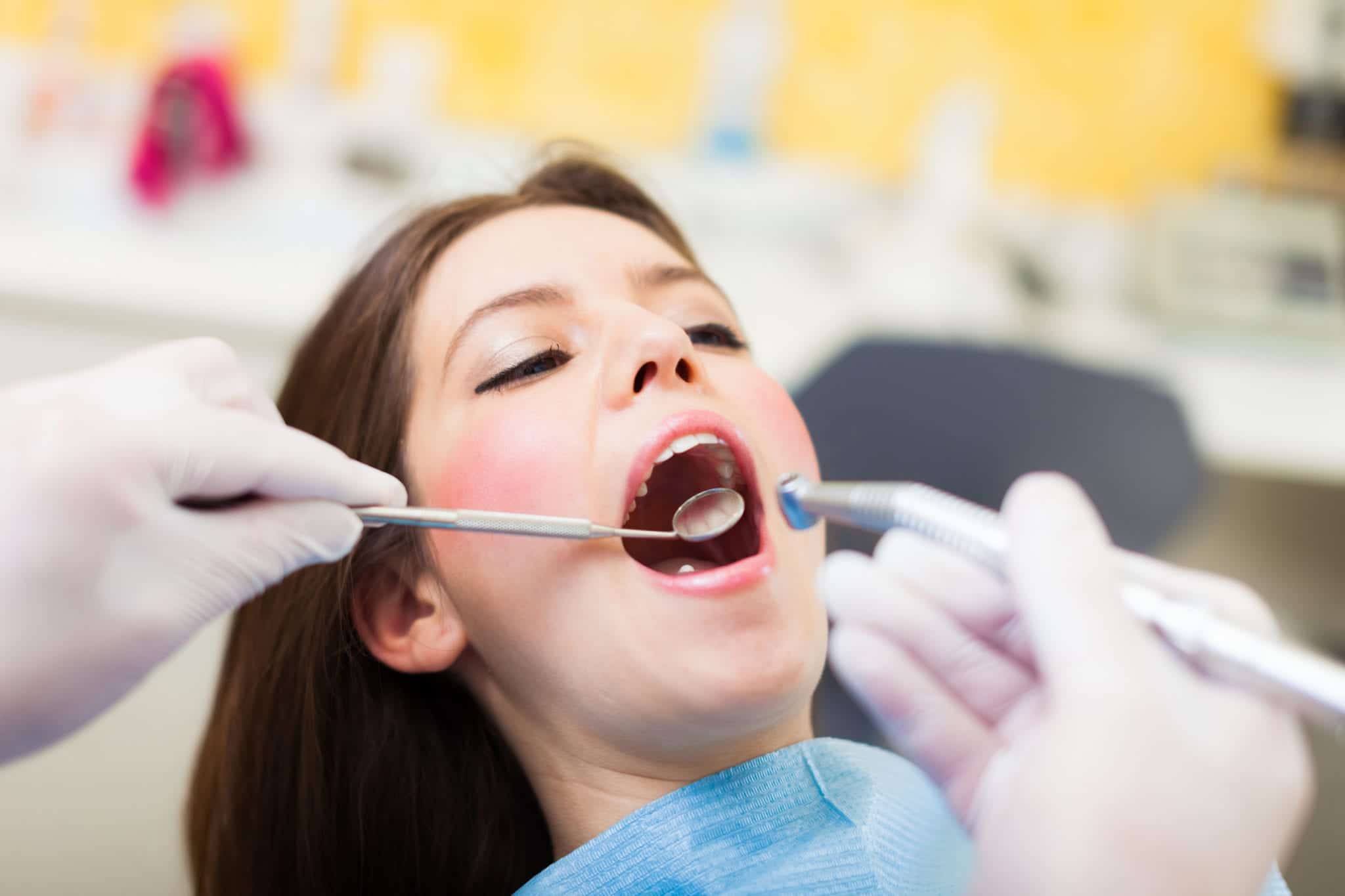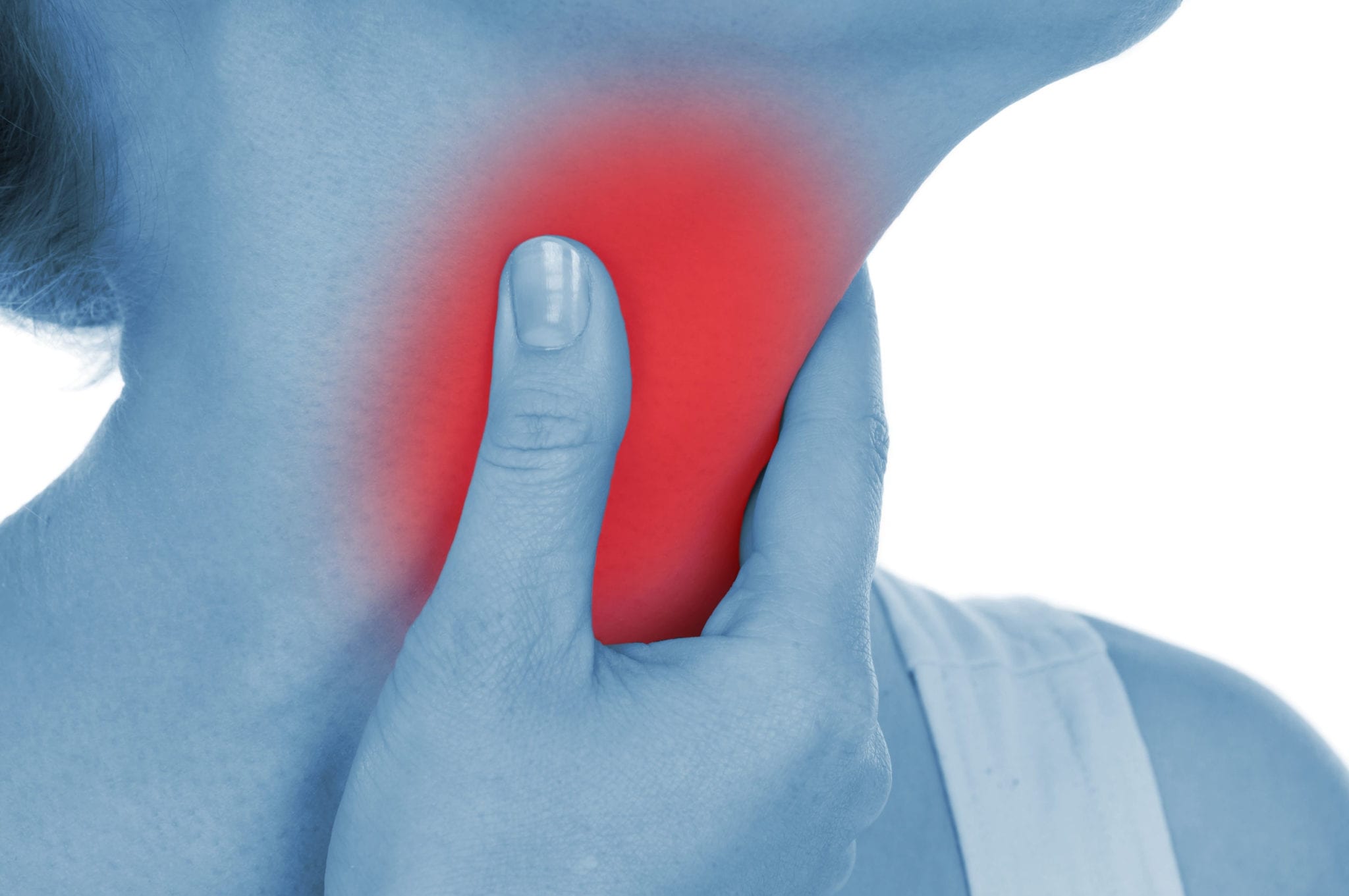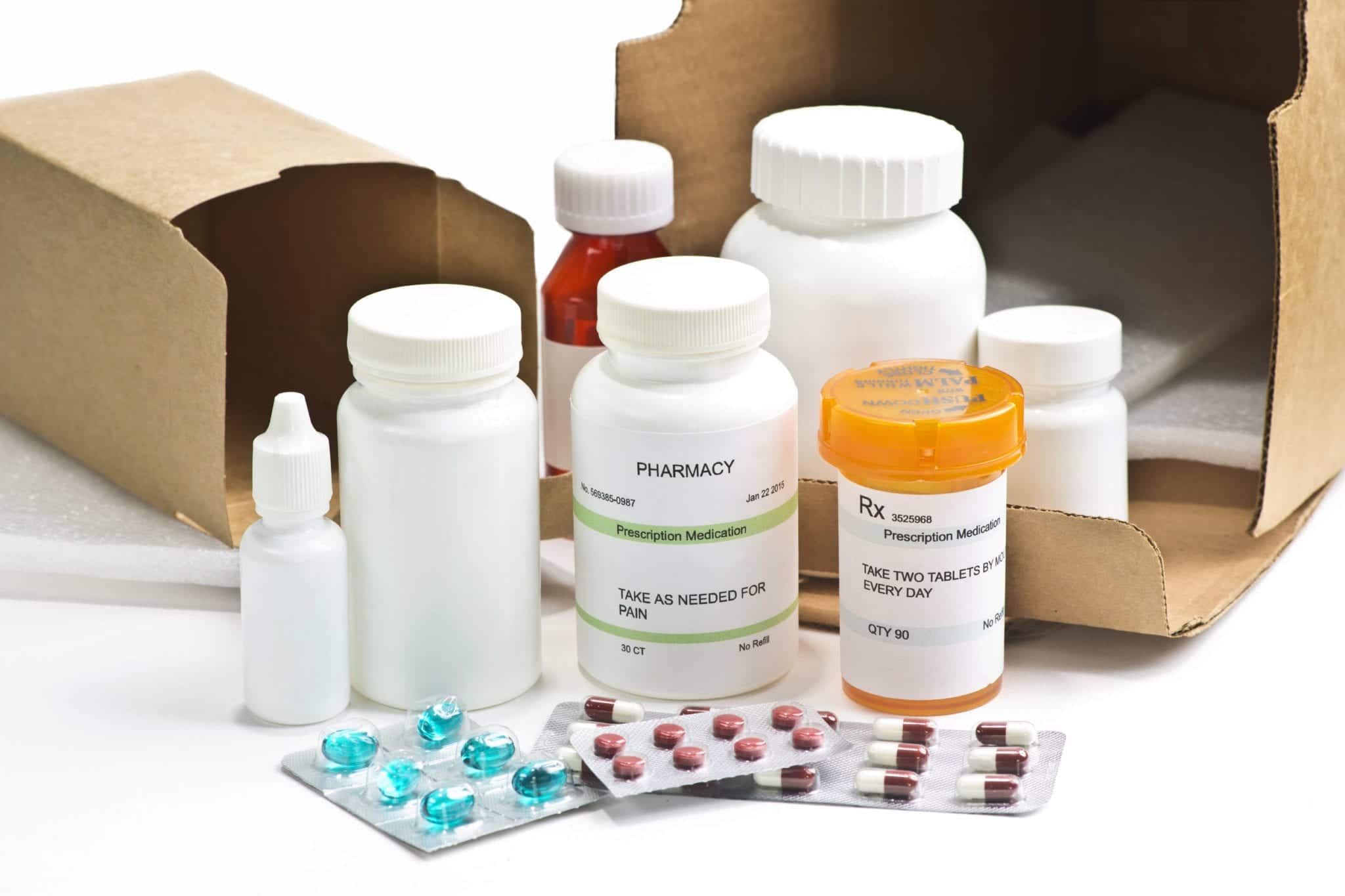
Did you know that if you have certain health conditions, you may be more susceptible to oral health problems? It’s sad, but true.
Here is a list of nine health conditions that put you in a higher risk category. If you suffer from any of them, it is even more important that you take good care of your teeth and gums, including having regular dental checkups.
Medical Issues That Can Also Affect Your Teeth and Gums
Hormonal changes. Women who are menstruating, pregnant, or menopausal can experience inflammation of their gum tissues. Periodontitis is a serious oral health disease that can develop if gums are chronically inflamed.
Diabetes. People with diabetes face a double whammy when it comes to oral health. Due to their unstable blood sugar levels, they are more prone to develop gum disease (gingivitis). When their gingivitis develops into periodontitis, their blood glucose levels may be negatively affected.
Both of those oral diseases are caused by bacteria, and diabetes patients are at a higher risk of developing bacterial infections.
Anemia. People with anemia have reduced levels of red blood cells. Because they have fewer red blood cells in their mouths, their gums, tongue, and inner cheeks can take on a pale, whitish color. They may also experience swelling or pain in their tongues.
Thyroid issues. People with hypothyroidism often are more prone to bleeding. Wounds in their mouths take longer to clot and heal, which puts them at greater risk of infection. Oral surgery poses significant risks for people with hypothyroidism. They need to seek detailed counsel from a dentist experienced in treating patients with hypothyroidism.
People with hyperthyroidism are also susceptible to oral health issues. Toothpastes containing fluoride can upset thyroid function. Patients with hyperthyroidism need to use fluoride-free toothpastes to maintain both oral and endocrine health.

HIV/AIDS. Because HIV/AIDS is a disease of the immune system, people with this condition are at much higher risk for many oral health problems. Up to 46 percent of people living with HIV or AIDS will experience one or more major oral health problem such as periodontitis or oral cancer.
Also, medications for treating HIV or AIDS often cause dry mouth. This medication side effect paves the way for more oral health problems like infections, decay, and periodontitis.
Any time an HIV or AIDS patient contracts a bacterial infection in the mouth, they are at a greater risk of further infection that may spread to the heart and other vital organs if left untreated.
It’s crucial for people who suffer with HIV or AIDS to seek knowledgeable dental care to maintain the best quality of life possible.
Cancer. Treatments for cancer can pose special threats for oral diseases. In some patients, radiation can damage salivary glands. The result is dry mouth or thickened saliva that doesn’t protect gums or teeth. When gums and teeth aren’t protected, the risk of oral infection and tooth decay increases.
Chemotherapy puts your immune system at risk, which in turn puts you at higher risk for oral diseases. Some cancer patients with preexisting oral health problems may not be eligible for chemotherapy until their oral diseases have been treated. If you face a cancer diagnosis, consult with a dentist before you begin chemotherapy.
Substance abuse. Whether you smoke cigarettes or chew tobacco, you have an elevated risk of several types of oral health issues. Smoking and chewing can cause tooth decay, tooth loss, and periodontitis. Smoking and chewing also creates a conducive environment for all cancers of the mouth, including the tongue, throat, and lips. Marijuana users have the same oral health risks as tobacco users.
Heavy alcohol drinkers are in a higher risk category for all types of oral cancers. The heavier a person drinks over a longer period, the higher the risk of developing serious oral health issues.
Methamphetamine is known to cause severe tooth loss and periodontitis. Other illegal drugs such as cocaine, heroin, and opiates put users at risk of dry mouth, which leads to other serious oral health problems.
Genetics. Males are twice as likely to have oral cancers as women. People with a family history of certain oral diseases like gingivitis and tooth decay are more likely to develop the same diseases themselves.

Taking medications for certain conditions. Certain pain medications cause dry mouth, especially narcotic painkillers. Those who are taking strong pain medication after surgery need to keep closer tabs on oral issues. People who take medication for depression, high blood pressure, or allergies may also be susceptible to dry mouth and gum disease.
If you have any of these medical conditions, check with your dentist to learn what you can do to reduce your risks of oral health problems.






